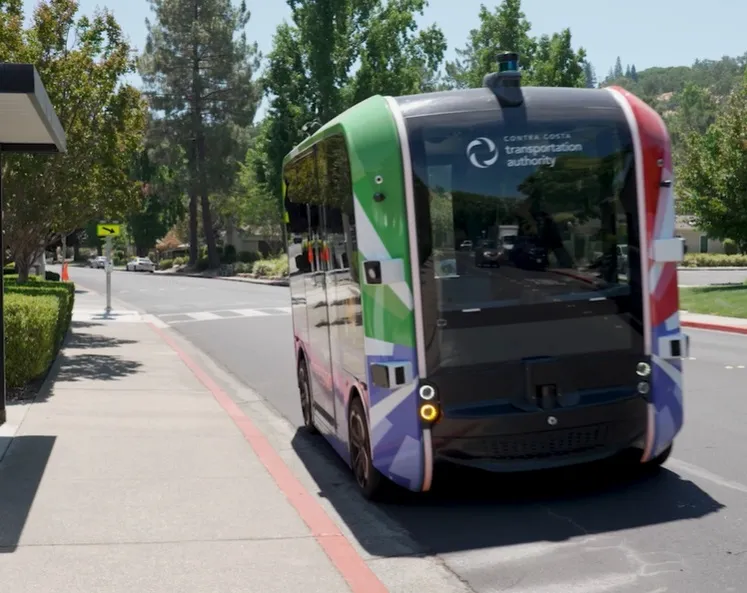The Metropolitan Transit Authority of Harris County Texas (Metro) selected Init to provide a state-of-the-art bidding, time-keeping and dispatching software solution (Mobile-Perdis), together with a link to a third party scheduling system, enabling it to streamline labour and time intensive tasks to better manage their nearly 1,600 vehicle operators.
Using Mobile-Perdis, Metro will be able to meet their specific dispatching needs without extensive customisation. Driving and work rules will be arranged i
January 6, 2016
Read time: 2 mins
The Metropolitan Transit Authority of Harris County Texas (Metro) selected 511 Init to provide a state-of-the-art bidding, time-keeping and dispatching software solution (Mobile-Perdis), together with a link to a third party scheduling system, enabling it to streamline labour and time intensive tasks to better manage their nearly 1,600 vehicle operators.
Using Mobile-Perdis, Metro will be able to meet their specific dispatching needs without extensive customisation. Driving and work rules will be arranged in accordance to government regulations due to the data validity checks Mobile-Perdis continuously runs.
According to Init, Mobile-Perdis is an off-the-shelf solution with no built-in, pre-defined settings or site specific data. The large set of parameter editors allows agencies to uniquely organise the system and save money by avoiding extended development periods.
Metro already uses Init’s CAD/AVL system, Mobile-ITCS, so any daily changes to runs, driver assignments and trip activities will be managed via a bi-directional interface through the existing system.
Precision Task Group (PTG) will be assisting Init with the SAP payroll integration, as well as performing the WebComm training for all drivers. The WebComm module permits drivers or employees to access their personal assignments, absences, balances, run information, and messages. Metro employees will be able to bid through the intranet via kiosks located in garages or by logging on to the internet.
Using Mobile-Perdis, Metro will be able to meet their specific dispatching needs without extensive customisation. Driving and work rules will be arranged in accordance to government regulations due to the data validity checks Mobile-Perdis continuously runs.
According to Init, Mobile-Perdis is an off-the-shelf solution with no built-in, pre-defined settings or site specific data. The large set of parameter editors allows agencies to uniquely organise the system and save money by avoiding extended development periods.
Metro already uses Init’s CAD/AVL system, Mobile-ITCS, so any daily changes to runs, driver assignments and trip activities will be managed via a bi-directional interface through the existing system.
Precision Task Group (PTG) will be assisting Init with the SAP payroll integration, as well as performing the WebComm training for all drivers. The WebComm module permits drivers or employees to access their personal assignments, absences, balances, run information, and messages. Metro employees will be able to bid through the intranet via kiosks located in garages or by logging on to the internet.









